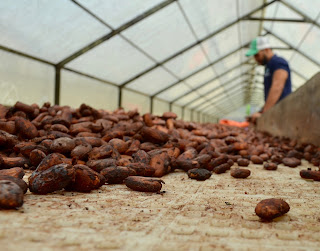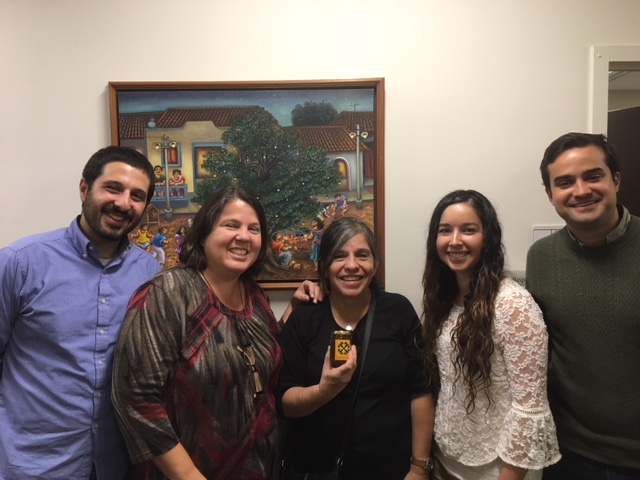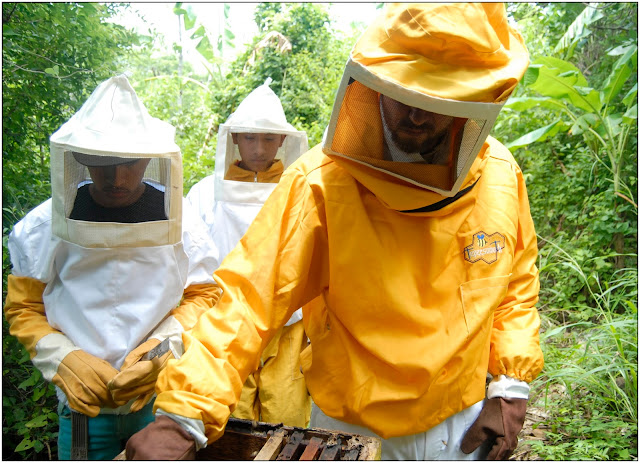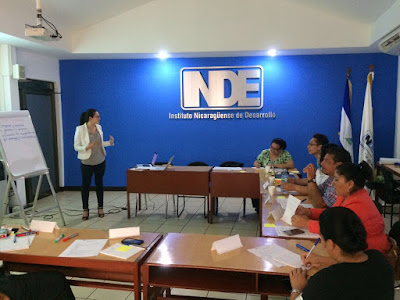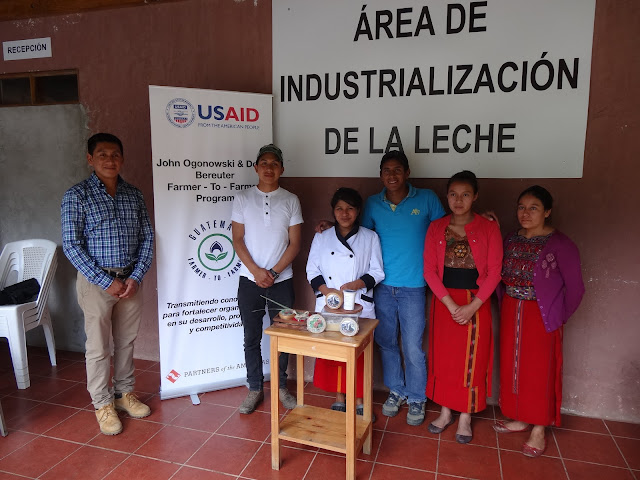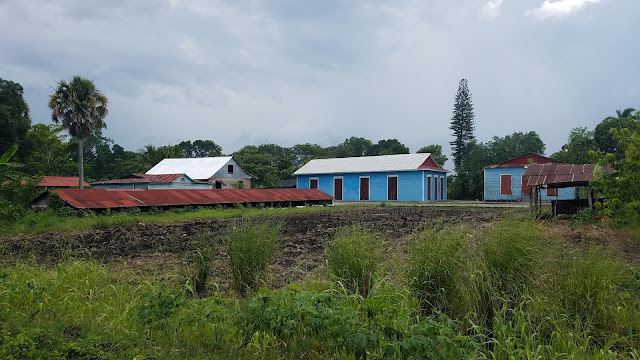Happy Holidays!

Partners of the Americas' Agriculture and Food Security team wishes you Happy Holidays! 2017 has been a busy year, with lots of stories from our USAID-funded Farmer-to-Farmer (F2F) Program and other activities. In January volunteers helped improve Dominican coffee , in February they empowered youth in Paraguay through 4-H , March assignments evaluated onion growing practices in Guatemala , volunteers in April helped prevent deforestation in Ecuador , in May a team of volunteers trained farmers on rotational grazing and crop management in Nicaragua , in June F2F highlighted the achievements of a long-time Haiti volunteer , in July a F2F host from Colombia started selling their products in Whole Foods , in August volunteers helped improve goat milk production and processing in Guatemala , in September F2F put the spotlight on two Nicaragua hosts - Fabretto and FADCANIC , an October volunteer helped analyze the meat processing industry in the DR , sweet p...



